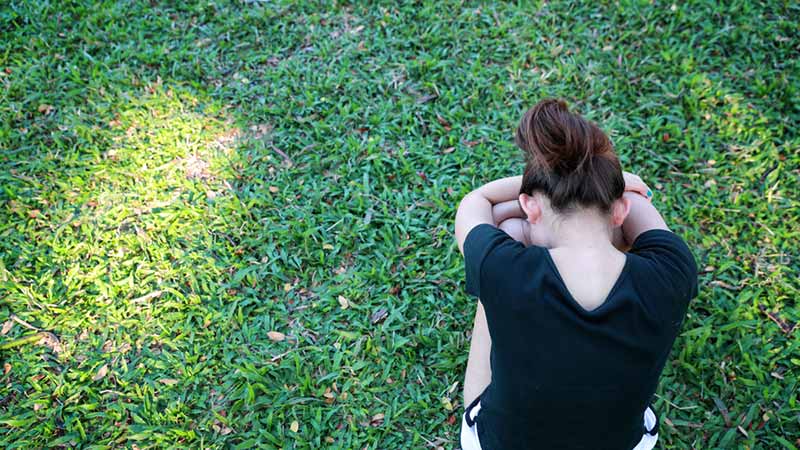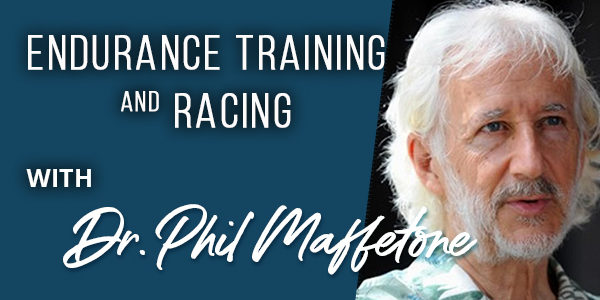
Some wear it as a badge of honor but it’s a public health concern everyone should beware.
As a society, we allow — even encourage — unhealthy habits. Consider tobacco use, prescription drug abuse and junk food, among others. These highly prevalent problems exist in sports as well, not only in professionals but enthusiasts too.
As a serious public health problem, people are encouraged, through advertising, media and social pressures, to make bad exercise choices. The prevalence of no-pain, no-gain is so strong, ingrained and admired from an early age that it covers up the damage caused by exercise abuse — most people who exercise experience injuries. While many push for more fitness, they can also become unhealthy in the process.
This dangerous and common sports mindset, often with origins in childhood, impairs millions of people worldwide, is allowed to go unchecked, and is often admired as a badge of courage.
Overtraining, best defined as a three-stage spectrum disorder, comprises a wide range of physical, biochemical and mental-emotional injuries, almost always preventable. Overtraining is hurtful and costly. Even those who don’t exercise can develop the same physiological condition as overtraining, although it’s called burnout, and can occur in corporate executives, parents, students and others who are severely overworked.
The fact that the onset of overtraining can begin in childhood as a seemingly benign attitude with injuries makes it more shameful that a society allows it to happen and to continue. Its abusive effects are well-known, impairing the brain and nervous system, cardiovascular, metabolic, and hormonal health, even contributing to death in adults and children.
As a syndrome, a spectrum disorder with a wide range of related signs and symptoms, overtraining is a relatively simple problem: non-adapted stress. That may be a mouthful for many people, but despite the earliest measurable manifestations, most people condone or even praise overtraining, then deny its existence. This includes most individuals who do it, while some coaches, trainers, and practitioners watch, guided by distorted social attitudes like no-pain, no-gain.
Overtraining is a dirty word, one not socially acceptable. It’s embarrassing. The image it conjures up is one of failure, “loser” and weakness. In many ways, iron-deficient anemia or pneumonia, to name two common medical conditions, is not much different — the failure of health, poor immunity. While these examples should indicate our weakness to prevent them, most people freely discuss them, even on social media, not embarrassed by them like the stigma of overtraining.
Overtraining has also spawned a massive, successful billion-dollar industry, which is allowed to produce mostly unhelpful and so-called new and improved products and services — band aids at best that merely address symptoms not causes. Included are shoes, inserts, braces and supports, books, magazines, and mobile trackers. In addition, illicit, over-the-counter, and prescription drugs, along with hyped up sports bars, drinks and other supplements are a rage. Also a wide range of healthcare-related services from conservative to radical, including experimental procedures that come and go, have become the norm.
We have become strongly entrenched, despite our intelligence, in being reactive to overtraining. Instead of being proactive and preventive, we wait for problems to appear, even allowing our bodies to debilitate, only stopping to address the symptoms. (Of course, this reflects the general healthcare approach of modern medicine.)
The obvious outcome of overtraining, the embracing of no-pain, no-gain’s badge of courage, is pain. We feel it, and see it on the sweaty bodies at the gym, the grimace on a runner’s face on the road or in the impaired gait.
When overtraining impairs athletic performance, we continue to deny its existence, despite increasing embarrassment and mental pain. As such, overtraining is worse than a dirty word. Poor performance can also lead competitive athletes to devalue their performances, even reinforce a sense of low accomplishment. Despite the initial goal of improving, bettering the self, comparisons of performance turn to peers, younger athletes, even professionals we can’t compete with. For coaches, trainers and health practitioners, an overtrained athlete can be a negative reflection of our professional work.
As long as the no-pain, no-gain workout ethic continues, the inability to adapt to the ravages of exercise stress will continue hurting us individually and as a society.








